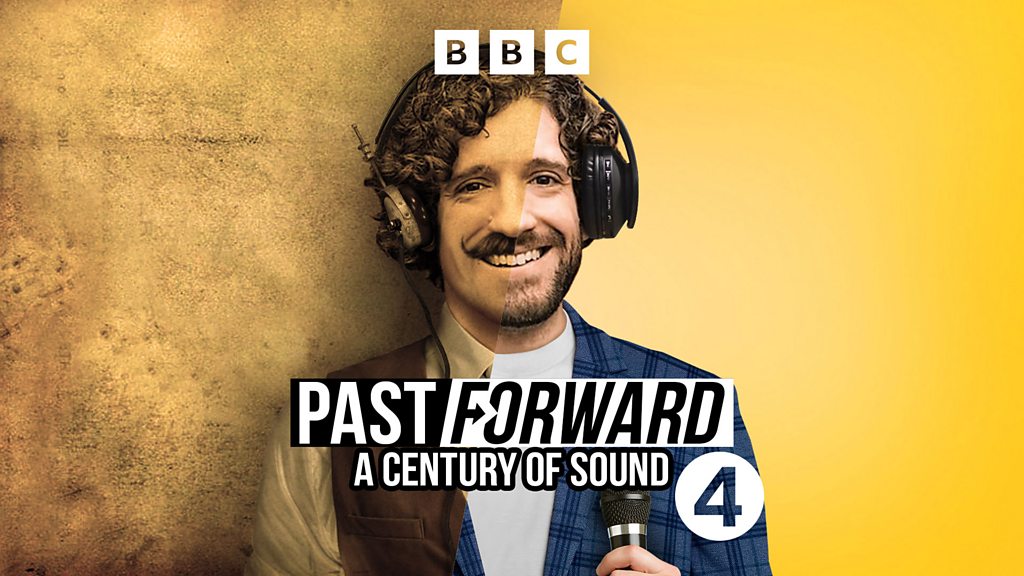Past Forward
The above was on Radio 4 today. Do not be put off by the first few minutes of popular rubbish. The programme's 'mission' is to pick a spot in the UK by random (and obviously completely spurious) means. However it landed on Somerset and focused mainly on Cecil Sharp's Folk-Song collecting. CS is something of a hero to most musicians, not least because he preserved hundreds of folk melodies ...and words...that would otherwise have been lost. The programme presented an alternative view, saying that CS's publishing of the folksongs with accompaniment ruined their essential rustic origins and 'put them in the middle-class parlour'.* There may be an element of truth in this, but without the efforts of CS, RVW and others, the folksongs would have disappeared without trace. Mrs A, a Somerset lass, lived not far from where the programme 'landed' and in her village primary school many of the folksongs were sung by the whole class. Hard to imagine it now, but at least the songs exist and can be resurrected...as possibly suggested by the programme.
* Incidentally, when I took my Performer's Diploma in Singing in 1971, one of the pieces had to be an unaccompanied folksong. I've no idea if the Licenciate syllabus includes that now. It ought to. I chose 'Oh the cuckoo she's a pretty bird', pre-dating, I think, CS's collecting period.
Correction: This from the internet, "...[a] version of The Cuckoo is just one of many and was sung to Cecil Sharp by Mrs Jarret of Bridgwater, Somerset in April 1908.
The above was on Radio 4 today. Do not be put off by the first few minutes of popular rubbish. The programme's 'mission' is to pick a spot in the UK by random (and obviously completely spurious) means. However it landed on Somerset and focused mainly on Cecil Sharp's Folk-Song collecting. CS is something of a hero to most musicians, not least because he preserved hundreds of folk melodies ...and words...that would otherwise have been lost. The programme presented an alternative view, saying that CS's publishing of the folksongs with accompaniment ruined their essential rustic origins and 'put them in the middle-class parlour'.* There may be an element of truth in this, but without the efforts of CS, RVW and others, the folksongs would have disappeared without trace. Mrs A, a Somerset lass, lived not far from where the programme 'landed' and in her village primary school many of the folksongs were sung by the whole class. Hard to imagine it now, but at least the songs exist and can be resurrected...as possibly suggested by the programme.
* Incidentally, when I took my Performer's Diploma in Singing in 1971, one of the pieces had to be an unaccompanied folksong. I've no idea if the Licenciate syllabus includes that now. It ought to. I chose 'Oh the cuckoo she's a pretty bird', pre-dating, I think, CS's collecting period.
Correction: This from the internet, "...[a] version of The Cuckoo is just one of many and was sung to Cecil Sharp by Mrs Jarret of Bridgwater, Somerset in April 1908.

Comment